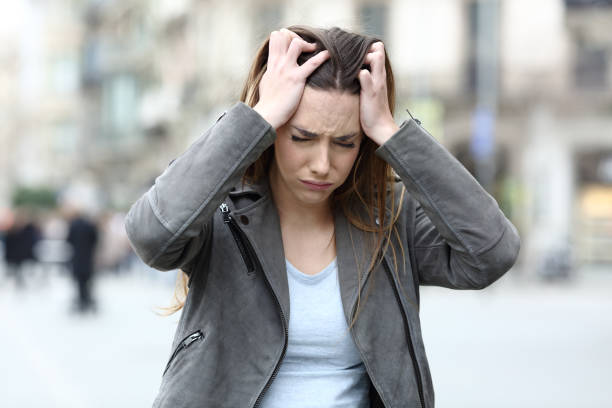
Reactive Depression
This is a type of depression that most of us encounter at some points in our lives. It generally occurs when we are overwhelmed and carrying too many burdens. We begin to sink down low in our spirits and become very fatigued.
The trick here is to prioritise and tackle one problem at a time, a process of elimination if you like. Below is a guide to help you which you can keep on the PC to help you tackle your issues when needed.
Mental Housekeeping.
Belief’s, Blocks & Directions
A Multi-Therapeutic design, for Integrated Talking Therapies; including Person Centred Counselling, REBT (CBT), Psychoanalytical, EMDR, Hypnotherapy & Hypno-Analysis between the various stages of this technique, with little influence or transference from therapists.
Lifestyle Scale of Human Functioning
Frustration versus Satisfaction
Using percentages out of 100% advise how you would divide the below categories of your lifestyle
% frustration %Satisfaction
Your level of self-care.
Your overall mood levels.
Overall health.
Family & Relationships.
Work.
Social Networks/friendships.
Activities and Interests.
Finances.
Think about the why, what and who are the influences of your frustrations and the positives of your satisfactions
Situational Depression (Reactive Depression)
- Cause: Triggered by a specific external event or situation, such as a major life change, trauma, or significant stressor.
- Duration: Symptoms typically appear within three months of the triggering event and often improve as the individual adapts to the situation.
- Symptoms: Similar to those of major depression but directly linked to the stressful event. These can include sadness, hopelessness, fatigue, changes in sleep and appetite, and difficulty concentrating.
- Treatment: Often involves therapy, such as, psychotherapy combined with cognitive-behavioural therapy (CBT), and sometimes medication.
Clinical Depression (Major Depressive Disorder)
- Cause: Can develop without an obvious external cause. It may be influenced by genetic, biological, environmental, and psychological factors.
- Duration: Symptoms must be present for at least two weeks and can last for months or even years if untreated.
- Symptoms: More severe and persistent than situational depression. Symptoms include deep sadness, loss of interest in activities, significant weight changes, sleep disturbances, fatigue, feelings of worthlessness or guilt, difficulty concentrating, and recurrent thoughts of death or suicide.
